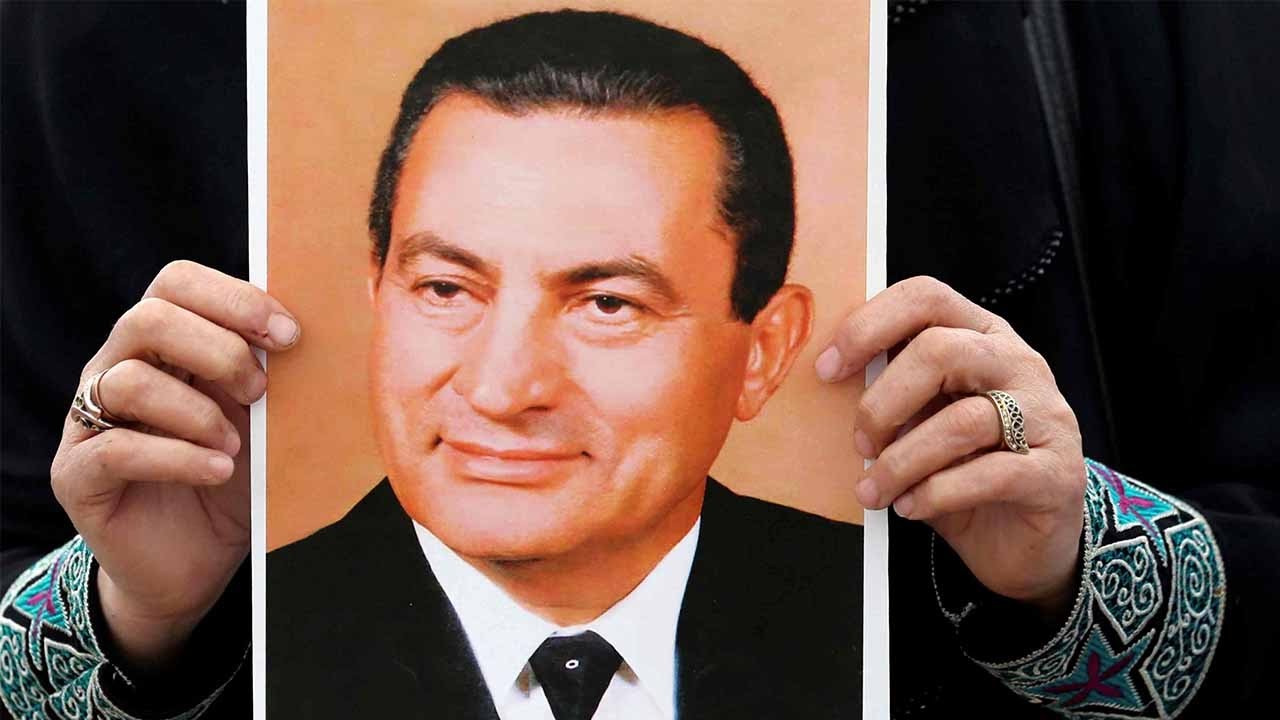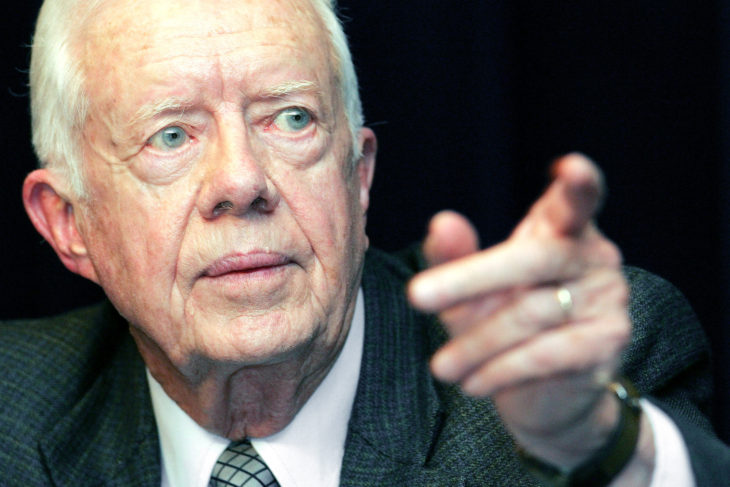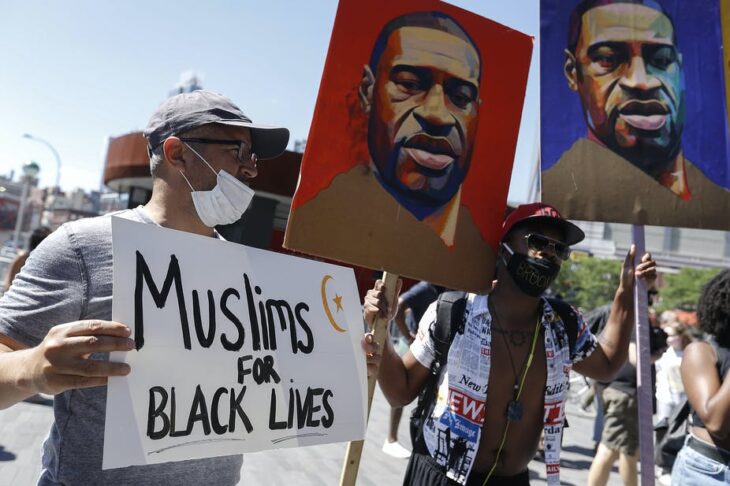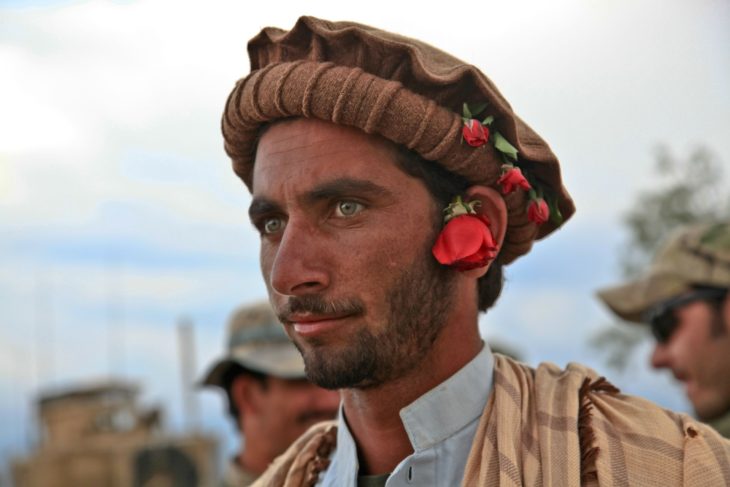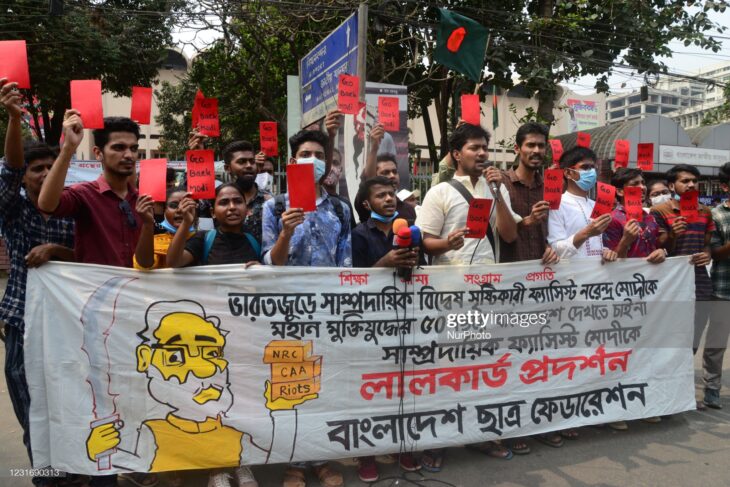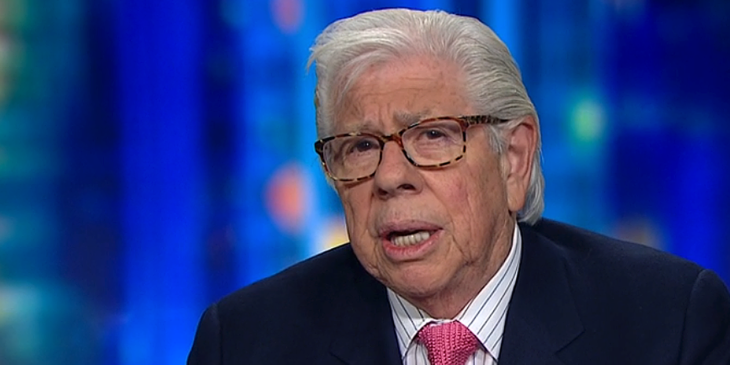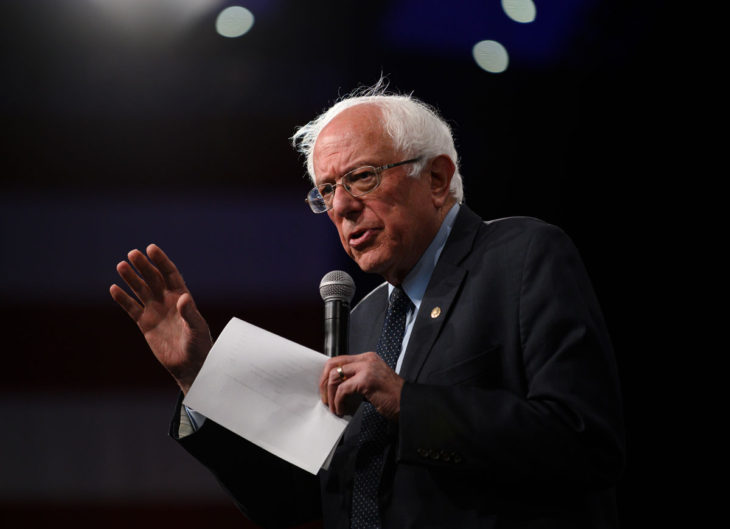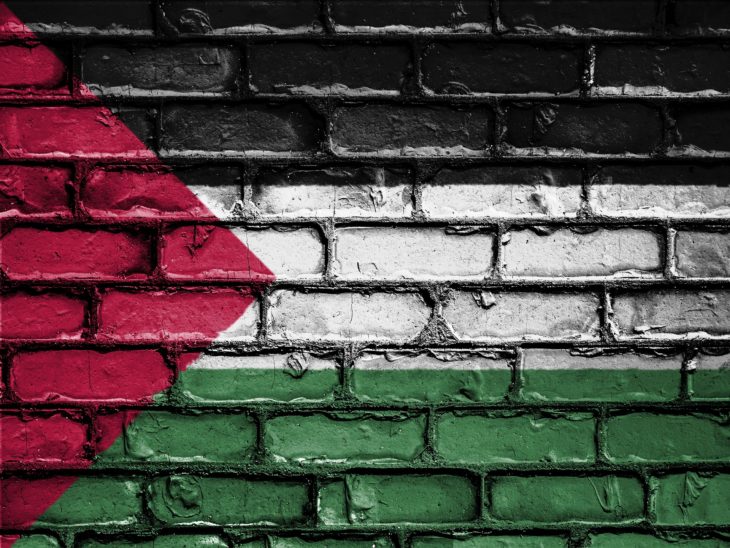In addition, America’s selective and capricious support for Arab Spring movements while at other times supporting brutal Arab dictators, continued building of US military bases in the region, along with the already announced veto of Palestinian statehood, threatens a looming wave of frustration and anti-Americanism, all of which might be manipulated by pundits and corporate media in order to make these movements look like extremists. We need to stand strong against such challenges to reform.
If we want to see Egypt take the next step from revolution to authentic democracy, we need to build an international solidarity movement for political and economic change in the region which rivals the South African anti-apartheid movement or the post-war rebuilding of Germany and Japan in terms of its optimism and resolve. We need to take back the narrative of current history from the pundits who say, “Failure of revolutions is inevitable,” or, “Middle Eastern countries will inevitably devolve into ethnic infighting,” or even that “models of democracy are incompatible with Muslim-majority societies.” This type of cynicism is a cancer; and they are false.
In fact, these cynical talking points only serve the rhetorical interests of the elites in the Arab Spring nations, who caused many of these problems in the first place, along with opportunistic American political and financial elites, who are more concerned with hoarding wealth and power rather than justice. They avoid a larger discussion about the real issues of importance – namely, the socioeconomic inequalities and societal injustices which brought members of both the Arab Spring movements and the October2011 Movement to the streets. More well-established transnational partnerships between our activist movements will shatter the myth that both sides of the globe have to remain ideologically suspicious of one another’s intentions, and will draw more attention to our common problems that elites on both sides of the globe want us to avoid.
As many are repeating across the blogosphere, Egypt’s upcoming electoral and constitutional efforts will serve as an indicator of the viability of the Arab Spring protests to generate pragmatic change. The United States has a poor history with reform movements in the Middle East, but the country is not monolithic. Some of us actually take the idea of America seriously – stated simply by the October2011.org movement as a society which supports “human needs, not corporate greed.” If we wish to move forward in a manner that transcends rather than repeats history, we must realize that, together, we are far larger than the sum of our parts.
Kevin Zeese & Matthew Cappiello, Truthout

